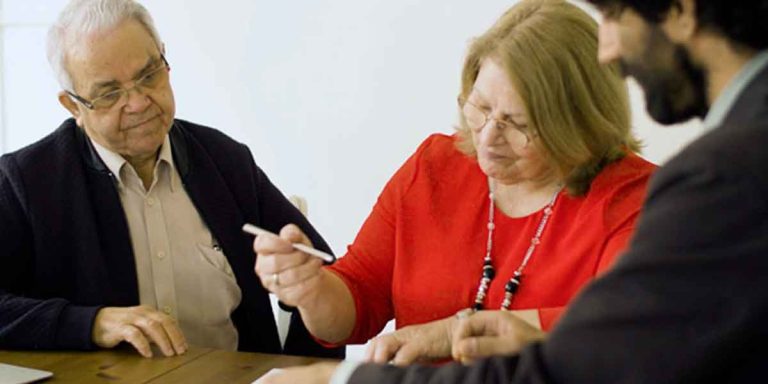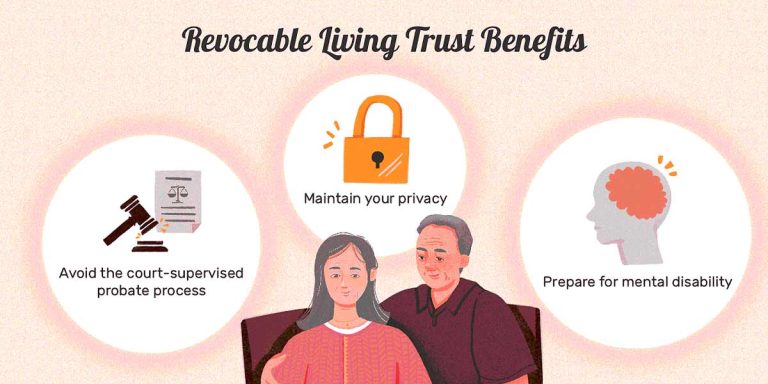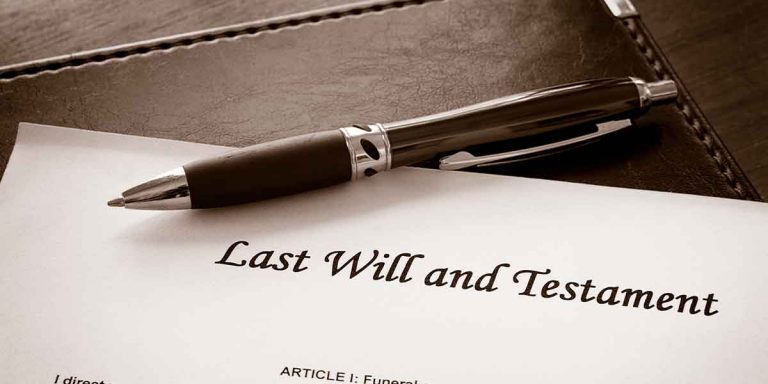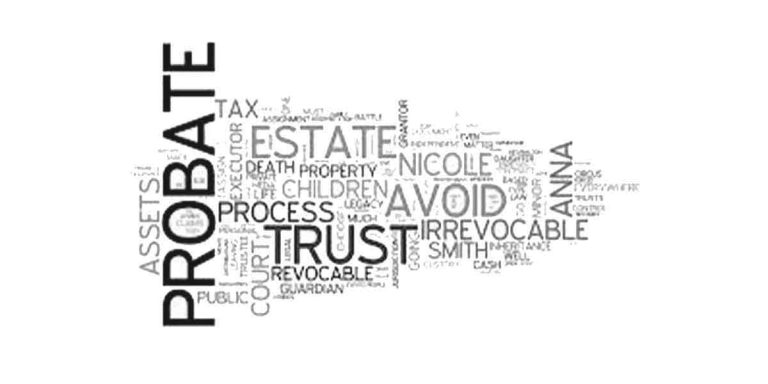Estate planning explained
When you die, your assets will need new owners. Those luxury cars you own, your houses scattered across the country, the money in your accounts will need to transfer to someone else, or shared among a group of people known as beneficiaries.
Over the years, estate planning has been used to transfer wealth from one person to another, to preserve family wealth and assets, etc. People plan their estate for several reasons; and death tops that list. Estate planning can be regarded as plans made to ensure the smooth distribution and management of a deceased’s assets upon death or incapacitation.
Many people harbor the notion that estate planning is meant for the old, or for the rich. Estate planning is for everyone, the rich and the poor. To be eligible to plan your estate, you must be an adult. You don’t necessarily need to have millions of dollars sitting in your account before you consider planning your estate. For instance, if you own a paining you feel is valuable, you can create a will stating who should inherit such painting in the event of your death.
Failing to plan your estate while alive won’t do you or your family any good. It will increase their sorrow after your demise. Don’t expect your asset to be automatically transferred to your next of kin, spouse or sibling after your death. It is never done that way! Due process will have to be followed and how complex the process will be depends on if you left an estate plan or not.
Importance of planning an estate
There is every reason why you need to plan your estate and zero reason why you shouldn’t. If you care about your spouse, your children and loved ones, you wouldn’t hesitate to plan your estate. Planning an estate isn’t a hard task, it doesn’t involve lots of process. If it seems very difficult to you, why don’t you contact an estate planning attorney near 11217, New York.
Below are some reasons why you should plan your estate before it is too late.
With an estate plan you can select who inherits your assets
As I mentioned earlier, when you die, your assets don’t automatically go to your sibling, mother, father, next of kin or spouse. Your assets will be managed and distributed based on what is written in your will and how you planned your estate.
The best way to ensure that certain people inherit your assets is to plan your estate. If you want your sister to inherit the houses you own in New York, you will have to state it in your will. Whatever is stated in your will is what the court will obey. Without an estate plan you have no say regarding who will manage or inherit certain portions of your assets. This decision will be made by the government of New York according to the intestate laws of the state.
Prevent family scuffle
Families fighting over the assets of a deceased is a very common occurrence. It happens more than you can imagine. Trust me, the results of these scuffle isn’t always pleasant. The best way to prevent this is by planning your estate. An estate plan will make clear your intentions regarding your estate.
Estate planning Attorney
Due to the nature of an estate plan, and how complicated it can be, you may need the help of an estate planning attorney when planning your estate. An estate planning attorney is an expert in the estate planning process. You stand to benefit a lot if you contact one when planning your estate. They are experienced, familiar with loopholes in the estate planning process, they know the court processes well, have important resources at their disposal, and can offer you the best advice when you need one.
Estate planning mistakes exist. Sometimes these mistakes alter the intent of the estate owner regarding his or her estate. The main purpose of an estate plan is to mirror the wishes or intentions of the estate owner, an estate plan that doesn’t do this has failed. To avoid unnecessary mistakes it is best you contact a professional. Contact us, and we will provide you with the best New York estate planning attorney for your estate plan.
































